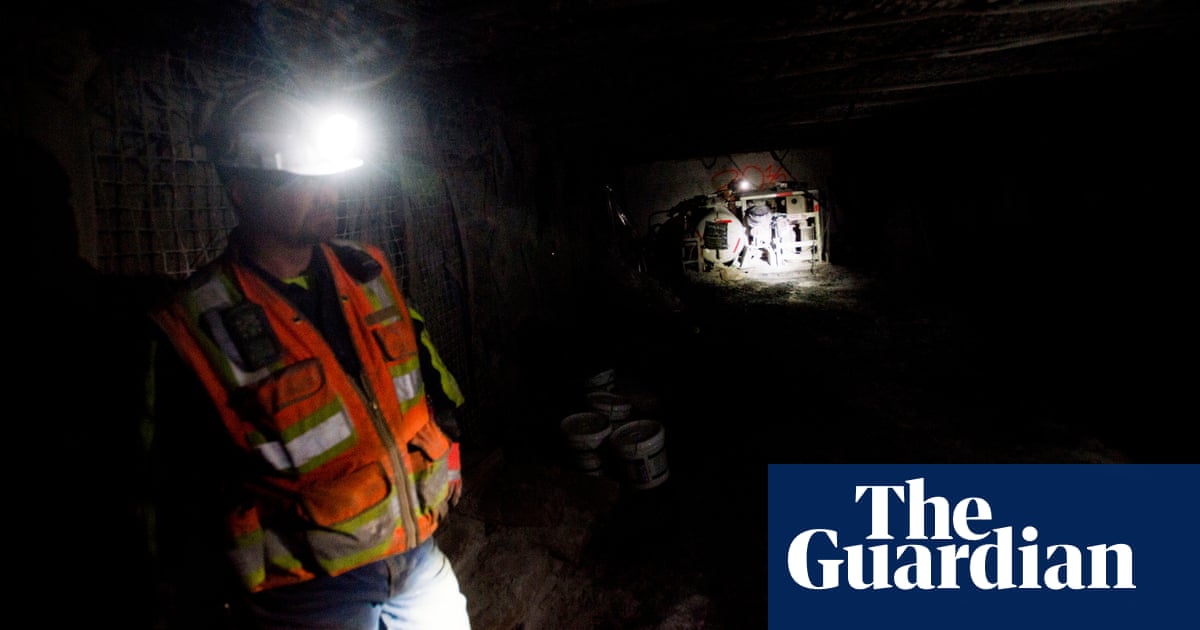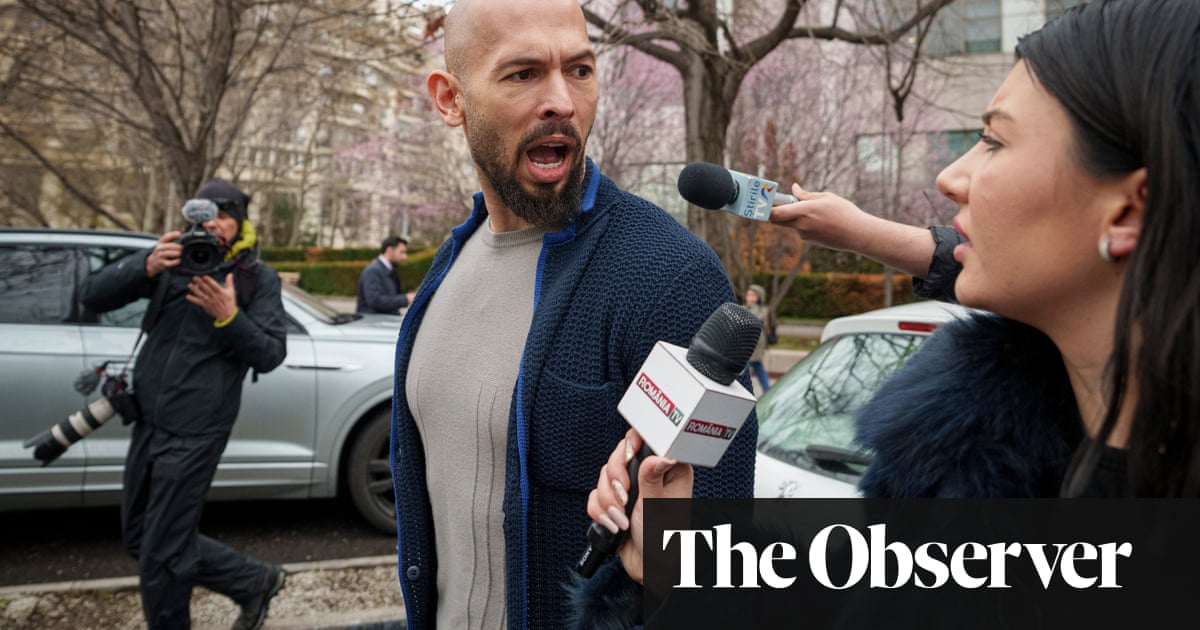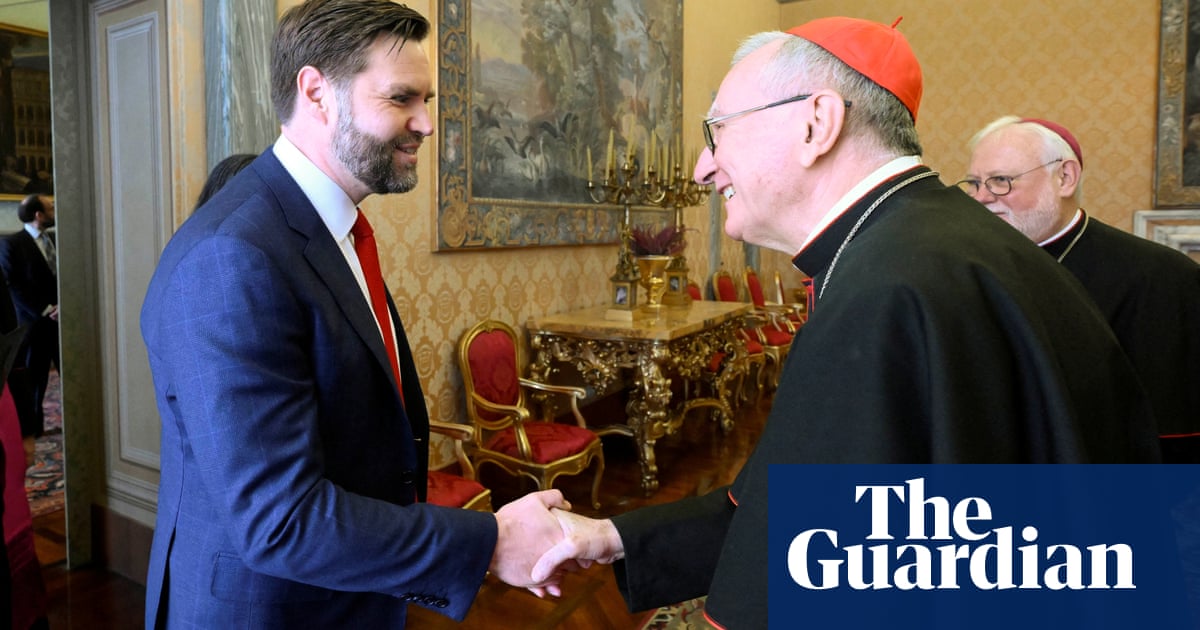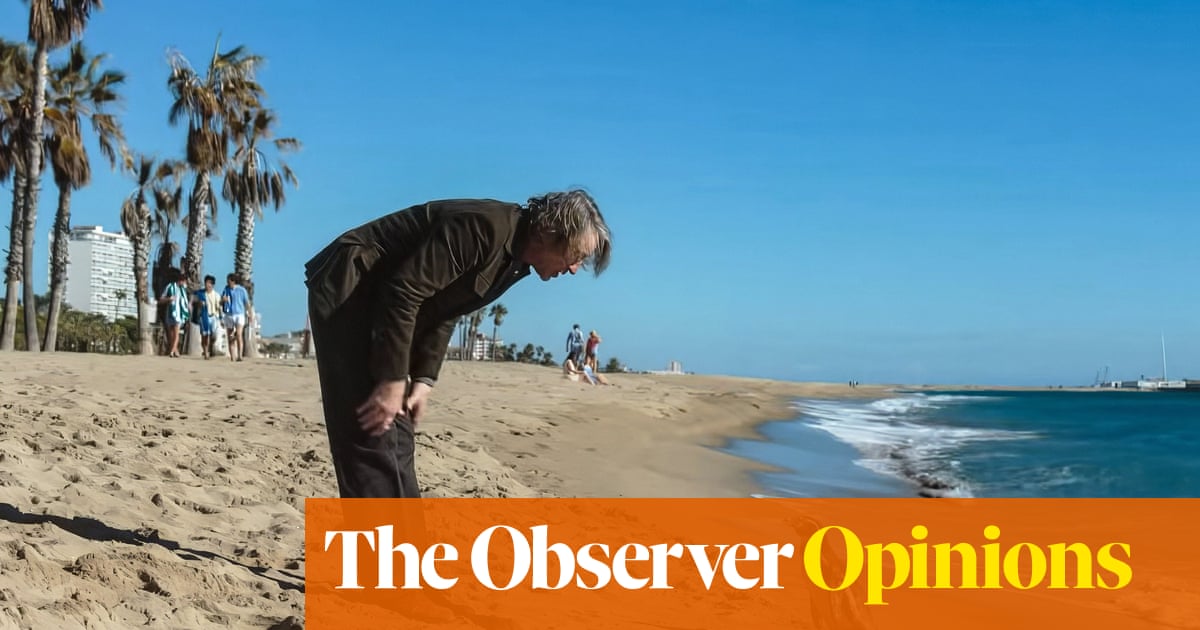I remember pushing open the wooden doors of Dyffryn chapel feeling a little apprehensive. I had driven up to the village of Caerau as a trainee journalist to conduct some interviews for a feature on the Llynfi valley. Maesteg and the nearby villages had received some negative publicity because of high rates of poverty and reported antisocial behaviour.
“Be careful, it’s really rough up there,” responded several people (not from the area). While I tried not to judge, I won’t pretend I wasn’t nervous. My accent is English, though since arriving in Wales it is more often described as “posh”. Was I about to get eaten alive in these former pit villages?
As the door opened, I was met by a big bloke with thick shoulders and a thicker moustache. Philip John was 70, a former basketball player, born and bred in the valley, and a youth worker for 50 years. Only rivalling the breadth of his moustache was the breadth of his smile. He guided me into the hall, where about 15 older women were meeting for their new diabetes support group. Most of their attention was dedicated to distributing the contents of the biscuit tin – at least until they spotted me.
They pounced with questions from all sides. “Where you from?”, “Who’s your mam?”, “Do you have a girlfriend?” Google, Facebook and Apple have nothing on the old women of the Llynfi valley for data harvesting. They could have undertaken a very effective identity theft before I had started my first custard cream.
I instantly fell in love with the place. And it turned out I hadn’t been alone in feeling like an outsider. “I am a foreigner here,” declared one of the Llynfi women. “I’m from Rhondda.” While the Rhondda valley is about seven miles away as the crow (or should that be a red kite) flies, and her claims were met with laughter, there was sincerity in her belief that she wasn’t from the area. People in Wales are generally immensely proud of their roots, be it village, town or valley. Yet while they maintain their sense of home, I have never been left in any doubt that I am welcome.
Growing up in England, I have moved around the Midlands. West Bromwich, Leicester, Northampton and Coventry are all places I had considered my home. Don’t get me wrong, I had a wonderful childhood, but I had never found the place that spoke to my heart.
But from the moment I came to Wales, I felt that I had met a friend I never knew I needed. Everything about this country struck a chord with me. The Welsh are independent of mindset and nonconformist, and I love that. Wales is a land of geographical beauty and diverse wildness, but it is not the magnificent landscape of Wales that makes this home. It has always been the people.

I wasn’t raised to be religious but instead raised as a West Bromwich Albion fan. As pathetic as this might sound, my football team has shaped my worldview and is probably what has driven my attraction to Cymru.
The Welsh are perpetually the underdog. Like my beloved Baggies, they are surrounded by richer, more popular and more glamorous neighbours but have retained a unique identity. While Albion were one of the original 12 professional clubs in England, the Welsh are the original Britons. There is a sense of stubborn endurance about Wales and the Welsh which I will always find admirable.
Yet despite this, Wales is in a state of flux. Having its own parliament and government since 1999 has awoken something. The feeling of being Welsh (as opposed to British) is rapidly increasing. Wales is, slowly but surely, asserting itself. While Wales is ancient, it also feels that it is still trying to work out what it is going to be when it grows up.
It has all the pride and depth of a nation while still managing to retain the warmth of a village. Discovering the history of my adopted home has been like reading a thriller, as though I have been invited into an epic story and allowed to make myself a small character.
The Welsh word hiraeth means a deep longing, especially for your home, particularly longing for Wales. It has no direct English translation. The word Cymru itself is the plural of Cymro, “a Welshman”, believed to come from the earlier Brittonic, meaning “a compatriot”. This encapsulates my experience; a feeling of deep affection and camaraderie.
Am I allowed to call myself Welsh now? I would certainly hope so. As the first-ever Plaid Cymru MP, Gwynfor Evans, said: “Anybody can be Welsh, they just have to be willing to face the consequences.”
-
Will Hayward is a Guardian columnist. He publishes a regular newsletter on Welsh politics and is the author of Independent Nation: Should Wales Leave the UK?

 3 months ago
106
3 months ago
106













































